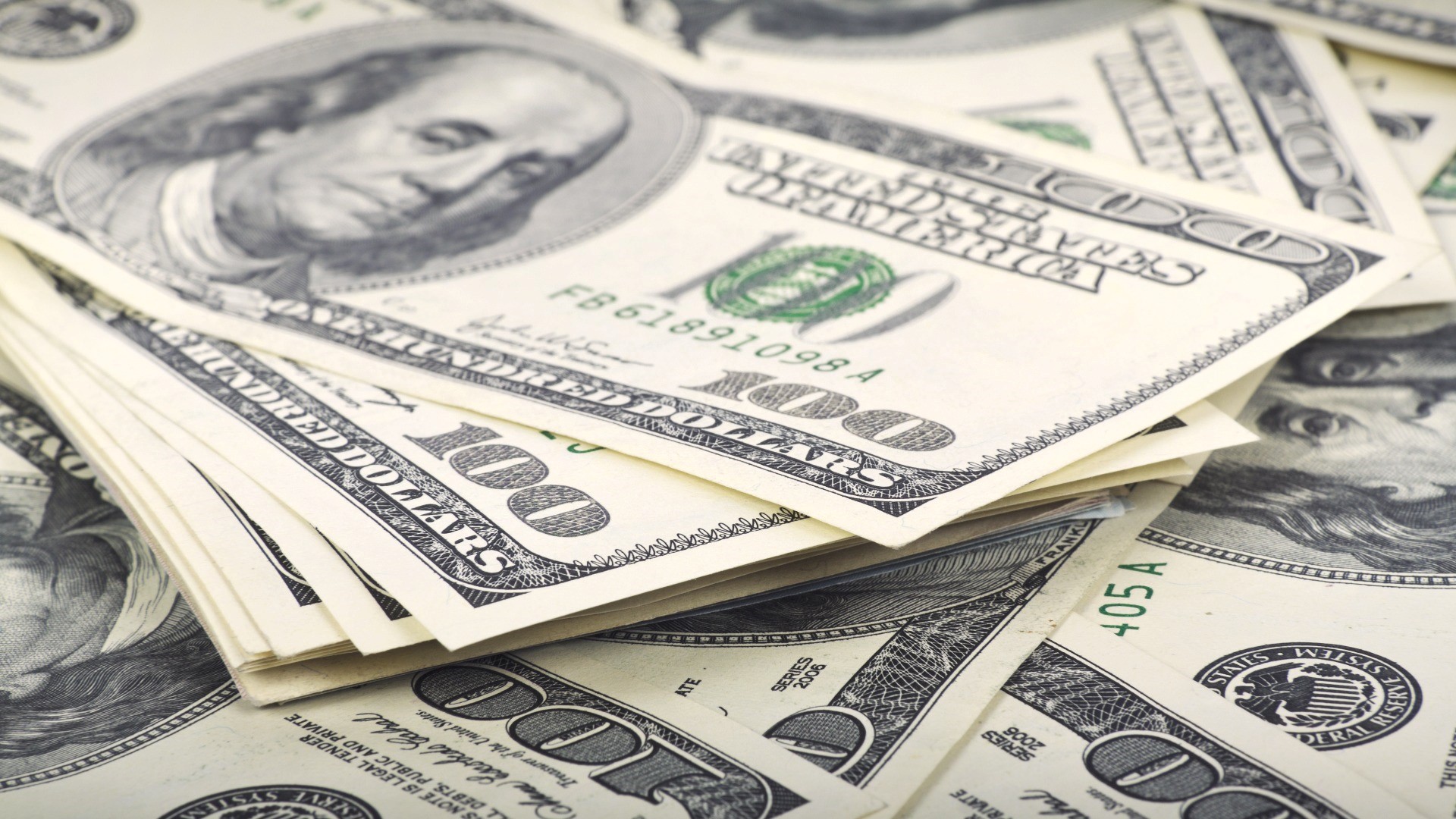RICHMOND, Va. — Virginia Gov. Glenn Youngkin formally laid out a financial roadmap Friday morning in Richmond for plans to allocate $3.2 billion in excess funds for the Commonwealth.
The funds, announced officially at a House and Senate Joint Money Committee's meeting, comes from a combination of roughly $2 billion in unplanned revenues over the last fiscal year, as well as $1.2 billion in unspent appropriations.
While much of the money is already earmarked to be reinvested back into the state, Gov. Youngkin expressed plans to allocate a portion of that money in the form of tax relief back to Virginians.
“While the statute requires every dollar of the surplus to be assigned on the balance sheet, the right thing to do is to return unplanned revenue to taxpayers," Youngkin said. "It's not our money. It belongs to hard-working taxpayers of Virginia. Last July, in one of the earliest proposals from our campaign, we proposed sending refund checks back to Virginians, and that's exactly what we're going to do."
According to Youngkin, he will propose allocating $397 million of the excess funds in the form of tax relief, in a set of budget proposals coming this December.
"When government collects more money than it anticipates, when government spends less than it plans, it only makes sense to give it back to the people who earned it," he said.
The Virginia governor also addressed desires to "lower the cost of doing business in Virginia," pointing to North Carolina as an example of a state that reduced business taxes to attract jobs and investment.
Other state leaders shared documentation that as a state, Virginia still lags in employment recovery compared to neighboring and "competitor" states like North and South Carolina, Tennessee, Georgia, Florida and Texas.
According to slides shared in that meeting, Virginia is still 2.7% below the pre-pandemic job level dating back to February of 2020.

